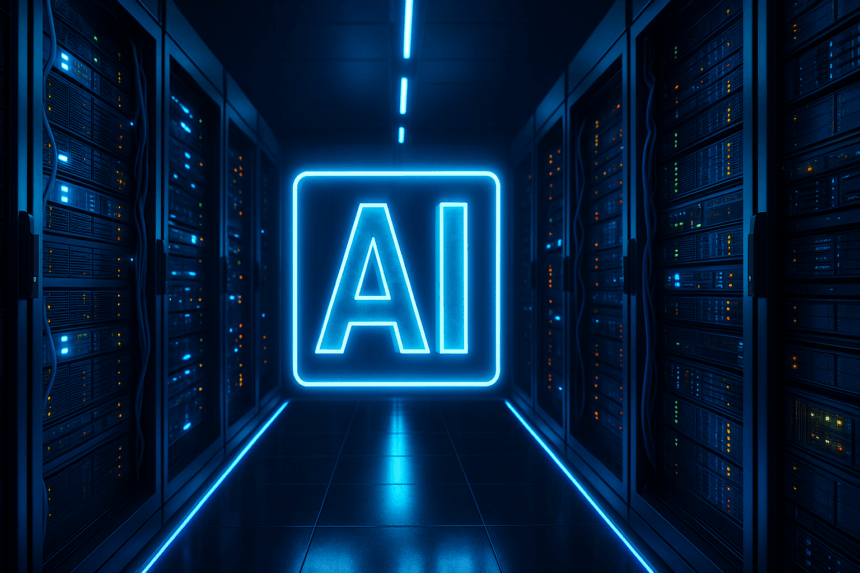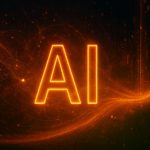In a step towards enhancing artificial intelligence capabilities, researchers at Imperial College London in collaboration with Ant Group have published a study introducing a new framework for training AI agents to collaborate on complex tasks. The M-GRPO system aims to efficiently distribute task responsibilities among multiple agents, allowing them to handle intricate processes that would challenge a single-agent system. This redefined approach presents opportunities for using AI in multi-step reasoning and task management more effectively. Researchers conducted extensive evaluations to ensure the robustness of their method.
AI systems traditionally relied on singular agents to manage planning and execution tasks, yet this often results in performance bottlenecks. Moreover, errors in the initial stages tend to compound throughout the operation. Previous research focused primarily on improving individual agent performance, leaving gaps in coordinated task sharing. The introduction of M-GRPO marks a significant departure from these earlier single-agent models, proposing a diverse team of agents to tackle various aspects of a task. This collaborative method allows for improved problem-solving capabilities and minimized errors.
How Does M-GRPO Distinguish Itself?
M-GRPO, building upon the GRPO method, establishes a structured system where a main agent designates tasks to several sub-agents. Each agent specializes in specific operations, whether it be planning, navigating, or retrieving information. This system’s flexibility enables responses to occur in real-time, adapting to task needs dynamically. The research highlights distinct challenges in training such systems, particularly concerning task distribution across agents and maintaining efficiency without redundancy.
What Challenges Does M-GRPO Address?
This framework introduces a decoupled training pipeline to manage the diversity of tasks that sub-agents undertake. By gathering rollouts from each agent and evaluating their input’s contribution to the final outcome, the M-GRPO method capitalizes on each agent’s strengths. The system calculates relative performance advantages, facilitating updates tailored to varied participation frequencies. The researchers identified enhanced coordination between agents’ planning and execution duties as a key benefit.
Imperial College and Ant Group’s new system was tested against several benchmarks to assess its performance alongside traditional single-agent models. Known metrics like WebWalkerQA, XBench DeepSearch, and GAIA provided a varied set of real-world tasks for testing. The results indicated improvements in performance and stability, with the multi-agent model outweighing a baseline single-agent version with respect to training stability and sample efficiency.
The researchers stated, “Our decoupled pipeline enables more organized coordination between agents.”
“This approach allows for task delegation and execution at different frequencies among agents,” commented a team member.
M-GRPO’s impact introduces a paradigm shift in AI task management. By employing an orchestrated group of agents, the framework aims to resolve challenges associated with single-agent systems, creating potential for more intricate applications with real-world advantages.
Further advancements will need to address the scalability of such systems in wider applications accurately. Understanding how these systems can be applied across various industries could be the next focus for researchers. Implementation in industries requiring high precision and coordination, such as healthcare or autonomous driving, could see distinct benefits from this method.










